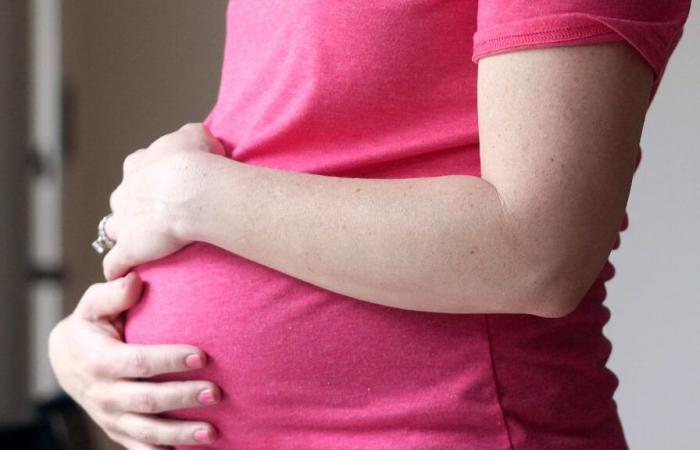The Spanish Ministry of Justice has published a new instruction which will prevent direct registration in the Spanish civil register of children born abroad through a surrogate mothera practice prohibited in Spain since 2006.
The measure, which will be published Thursday in the Official State Journal (BOE), obliges people who use this procedure to prove the biological link or to start an adoption procedure.
With this investigation, the government adapts national regulations to the recent case law of the Supreme Court, which in 2024 canceled a maternity contract for substitution validated in the United States, arguing that this type of agreement undermines human dignity and cannot be recognized in Spain because it is contrary to public order.
This decision puts an end to the current regulations which allows the registration of minors through foreign resolutions, even in countries where gestation for others is legal. In 2023 alone, 154 cases were recorded in Spain through this mechanism, according to official figures.
According to local media, This amendment aims to prevent Spanish citizens from bypassing national legislation by using substitution maternity unit outside the country. The initiative responds to the constant requests of feminist organizations and defenders of the rights of the child, who denounce the commodification of the female body and the instrumentalization of babies.
The measure is in accordance with the position of the European Court of Human Rights
The Supreme Court had already pronounced firmly last December, affirming that the substitution maternity undermines the moral integrity of women and children by transforming them into trade in trade.
In the same vein, the high court of the EU defended the idea that the child’s interest cannot be based on contracts signed by “intentional parents”nor on the legality of these agreements in other countries.
In other EU nations, such as Italy, substitution maternity is a universal crime that can cause prison terms or fines. Last year, Italy extended the proceedings against Italian citizens who use a surrogate mother abroad. In many other countries, however, this practice remains legal.
The new Spanish directive also complies with the doctrine of the European Court of Human Rights, which allows member states to limit or hinder this type of practice if their national legislation provides for it.
In addition, since the entry into force in 2023 of the organic law on sexual and reproductive health and the voluntary termination of pregnancy, Spanish legislation describes maternity substitution as a form of reproductive violence, which further strengthens the institutional rejection of this practice.








